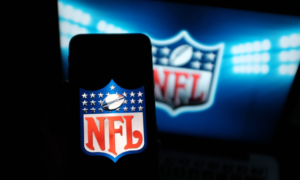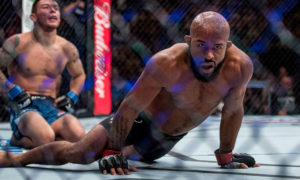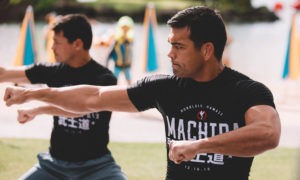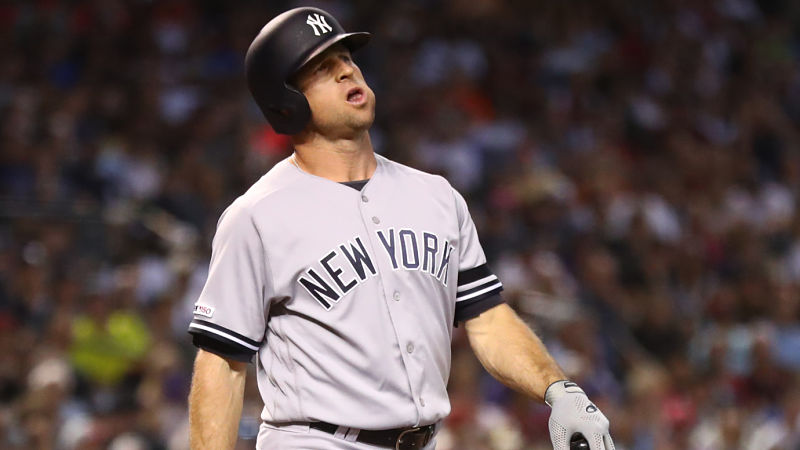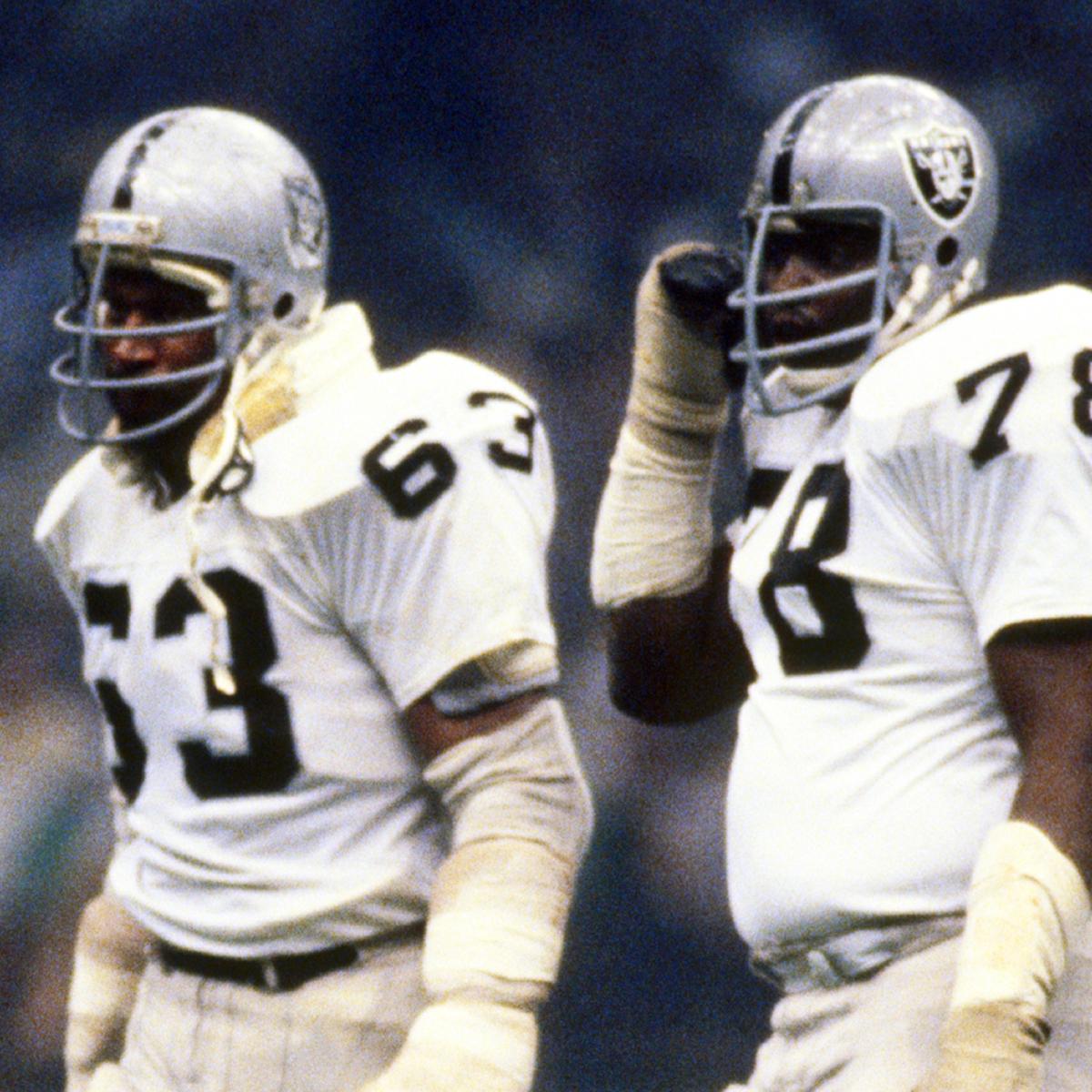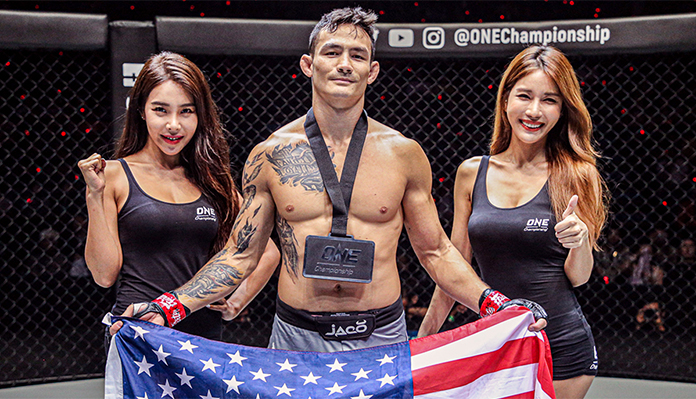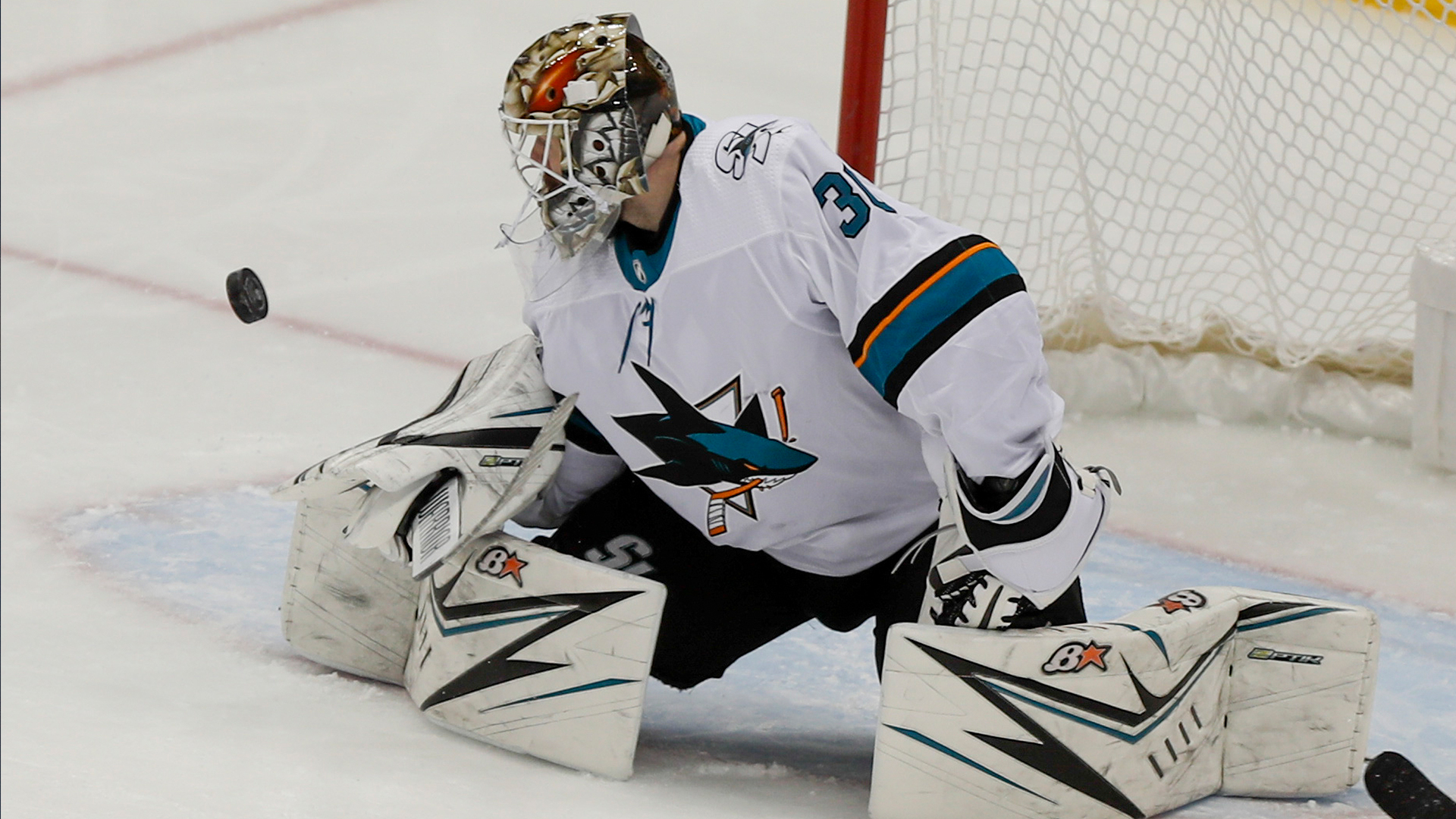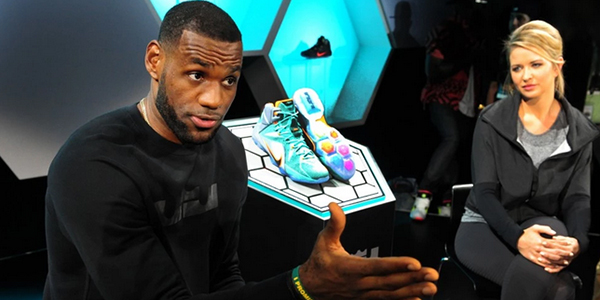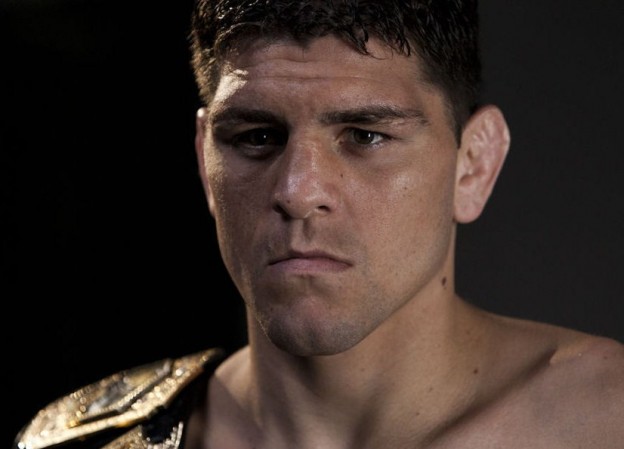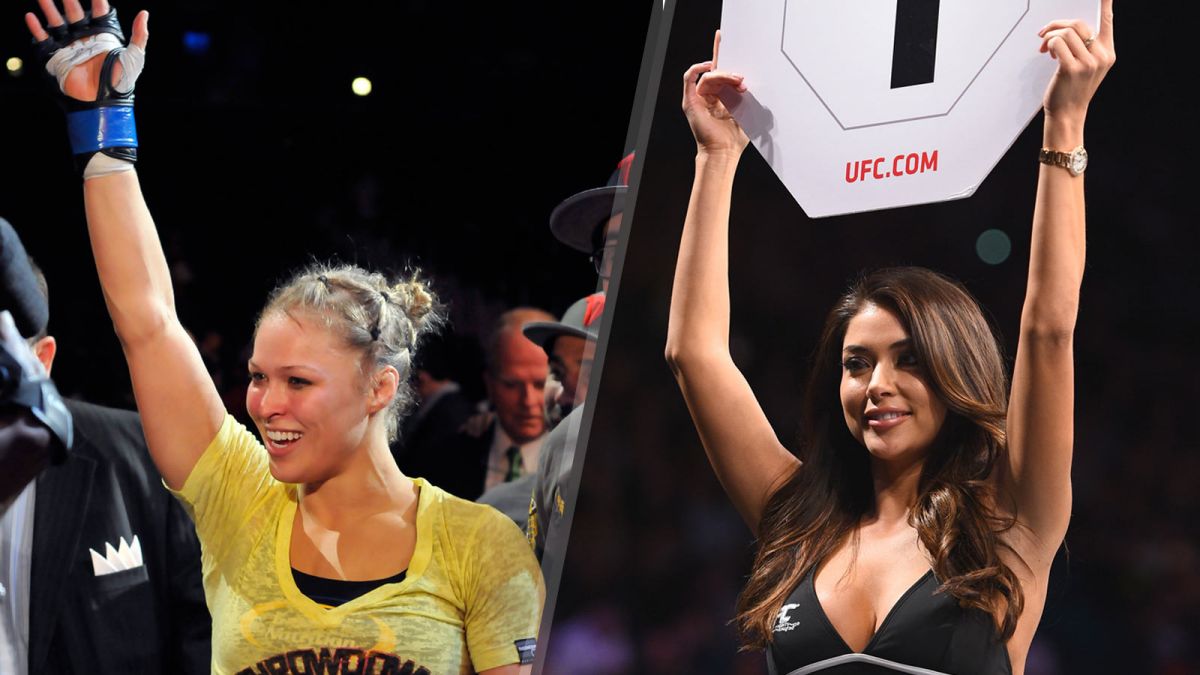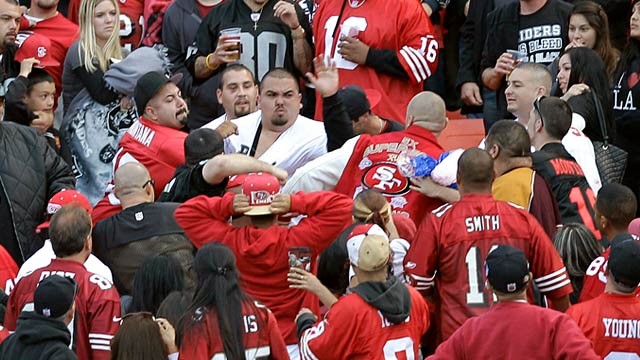From eight NBA titles as a player to two more as a coach to four decades as a broadcaster, Tommy Heinsohn will be remembered as an iconic figure in Celtics history.
BOSTON — “Hello,” boomed the voice on the other end of the phone, and that was enough to turn a 36-year old man into a nervous teenager. I’d worked with Tommy Heinsohn for several years—and this is where I clarify that me, a part-time pregame analyst, working with Tommy, one of the greatest players, coaches and broadcasters in NBA history, is akin to Tom Brady working with the stadium maintenance man—but never had more than a brief conversation with him. It was “hey kid,” and “how’s it going” and, if I was going across the street to the Wegmans near the NBC Sports Boston studios, “Grab me a couple of chocolate milks.”
A podcast, I reasoned, would be a great way to change that. So I dialed Tommy up—on his landline, of course, which as Bob Ryan once wrote, was listed—to ask if he would sit down with me. Two rings, and the most recognizable voice in New England sports history was on the line.
A podcast, Heinsohn asked, and this was where I explained the concept.
What do I have to do, he replied.
Just show up at the studio about an hour earlier than usual, I said.
“OK, kid,” Heinsohn said. “See you then.”
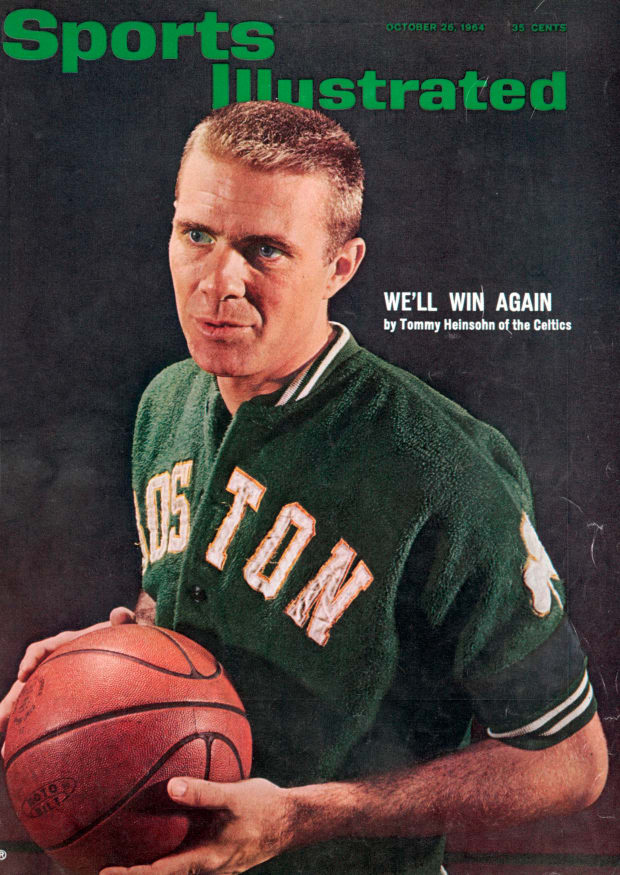
What followed was a conversation that lasted 45 minutes, felt like 45 seconds and could have gone 4 ½ hours. Some people have stories. Heinsohn has a library. From his relationship with Red Auerbach (“He didn’t yell at Bill Russell because he was a leader … he wouldn’t yell at [Bob] Cousy. He wouldn’t yell at Bill Sharman, because Sharman would get mad and likely would punch him out. Didn’t yell at Sam Jones or KC Jones … that kind of left me.”) to winning Rookie of the Year (“I won $250. Russell told me I owed him half that.”) to nearly passing on a chance to coach the Celtics to sell … life insurance.
Thomas Williams Heinsohn died on Tuesday, at the age of 86. For 64 years, Heinsohn was the Celtics’ heartbeat. Born in Union City, N.J., bred in Worcester, Mass., at Holy Cross, Heinsohn has been part of all 17 of Boston’s championships. He won eight as a player, teaming with Russell and Cousy to form one of the NBA’s great dynasties. He picked up two more as a coach, accepting a role he initially declined because, Heinsohn said, “I couldn’t coach Russell.” He spent nearly four decades as a broadcaster, partnering with Mike Gorman to form one of the longest tenured broadcast tandems in sports history.
Often perched on the Celtics bench before games, generations of players experienced Heinsohn—who was never shy with his opinions. He wanted Boston to play faster, always. He pleaded with coaches to teach the big men the hook shot. “He really wanted Kelly Olynyk to learn a hook,” says Celtics assistant Jay Larranaga. Before Game 7 of the 2010 NBA Finals, Heinsohn approached assistant coach Mike Longobardi and suggested—strongly—that the Celtics switch to a press defense. Longobardi nervously explained that if they did, Lamar Odom might carve them up. Says Longobardi, “That man was the definition of no filter.”
Heinsohn was an iconic figure, and visiting players gravitated toward him. Some exchanges were pleasant. Others were not. In 1988, Scott Brooks, then a rookie with Philadelphia, approached Heinsohn before a game. Brooks introduced himself, saying he was with the 76ers. Heinsohn asked what he did with the Sixers. Brooks said he was a player. Heinsohn laughed, turned and said, “Good luck with Dennis Johnson tonight.”
For Boston coaches, Heinsohn was an invaluable resource. Doc Rivers called Heinsohn his hero for helping guide Rivers through his early struggles. In recent years, Heinsohn was a sounding board for Brad Stevens. “He was unbelievable to me,” Stevens said. When Stevens was considering rotating his centers, he picked Heinsohn’s brain about how he used to do it. He taught Larranaga a trick to help perimeter shooters. By putting a piece of tape on the floor, where a player elevated off his front foot, the player could see how his body drifted after the shot.
He told Larranaga how Cousy used to intentionally launch outlet passes over his head early in games, Cousy’s way of reminding the big men they needed to run faster. When Rajon Rondo was in Boston, Heinsohn encouraged Rondo to do the same. He didn’t always agree with the Celtics’ drafts. When Boston drafted Marcus Smart, Heinsohn dismissed him as “the football player.” When Heinsohn saw Smart play, he quickly fell in love with him. “The moment you are a Celtic,” says Larranaga. “He was rolling with you forever.”
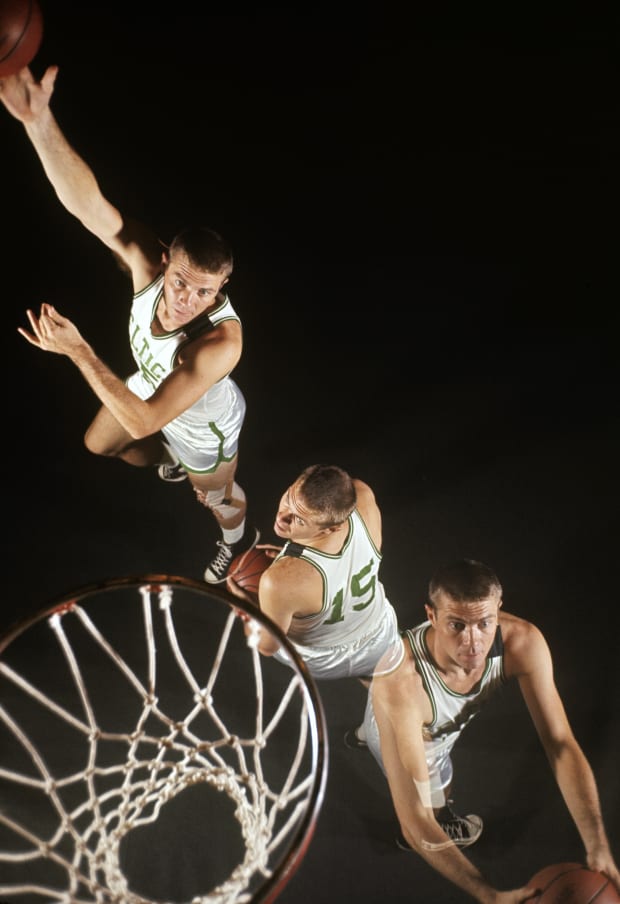
Indeed, and to a national audience, that’s how Heinsohn will be remembered. His unabashed homerism was legendary. He tattooed referees for perceived bad calls, often loud enough from his courtside position that they could hear him. He called Eddie F. Rush incompetent. Tom Washington, too. Tony Brothers was a frequent target. Just last season, he called Tyler Ford “a little squirt.” Danny Crawford told NBC Sports Boston that when officials reviewed Celtics games, they did it with the volume down.
“It’s funny, but I took a lot of heat because of what I say,” Heinsohn told me in 2016. “Everybody construed it to say I was trying to bail the Celtics out because of the referees, but I firmly believe that there’s two basketball teams and there’s a team of referees. They all have an impact on the game. You talk about the players when they’re not getting it done. This other team has to ante up and do the job, too. If they do the job, you never talk about them.”
Heinsohn was colorful, often to extremes. His love for Walter McCarty (“I love Waltahhh!” became a signature Heinsohn phrase) was legendary. He compared Greg Stiemsma to Russell. He called Jordan Crawford a right-handed James Harden. Everyone wanted a Tommy Point, the prize Heinsohn awarded his favored player after every game. He could cross the line, like when he demanded referee Dee Kantner “go back to the ladies league” after a blown call. He could toe the line, like when he remarked that after observing Aron Baynes in the shower Baynes “looked like all of Australia.”
But he was passionate until the end. Heinsohn’s health had deteriorated in recent years. For years, he was an incorrigible smoker. Once, in Toronto, Boston’s plane was delayed because of a fuel spill. The team was instructed to stay on the plane. Heinsohn got off and lit a cigarette on the tarmac. He stopped traveling for road games several years ago and effectively operated on a game-to-game basis last season, depending on how he felt. He would work studio shifts during road trips. I’d occasionally be called in as backup. When one game ran late, Heinsohn stood up during a commercial break of the postgame show and announced he was going home.
Nobody minded. Legends can do whatever they like.
——————-
Did you miss our previous article…
https://sportsgooru.com/nba/kira-lewiss-fast-rise-could-land-him-in-the-lottery/

